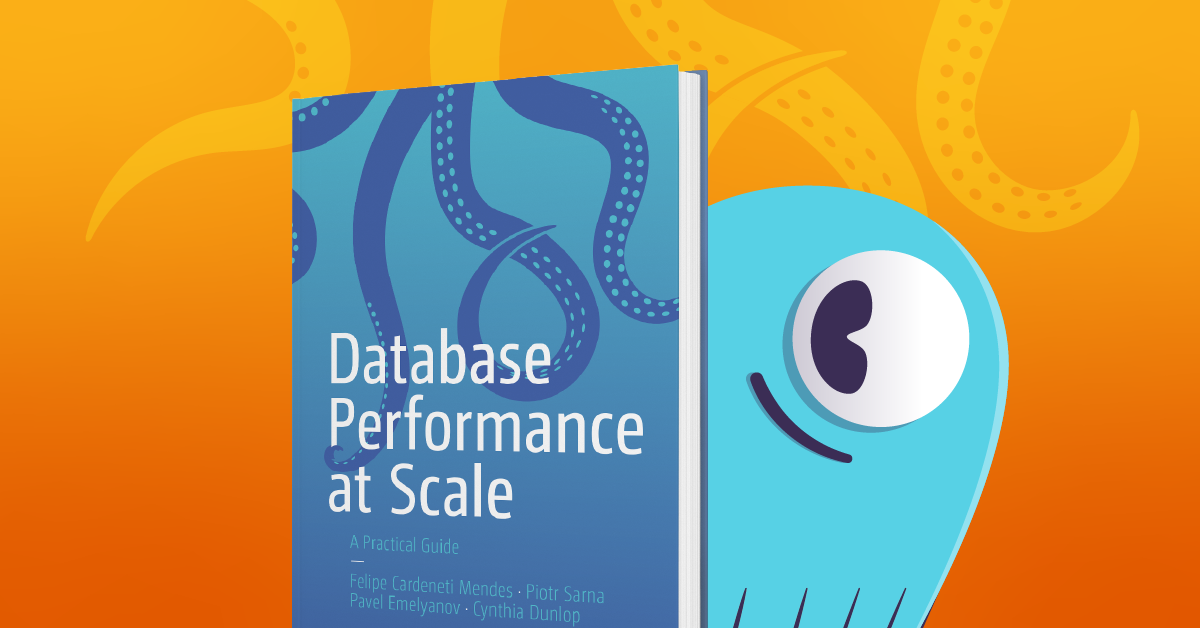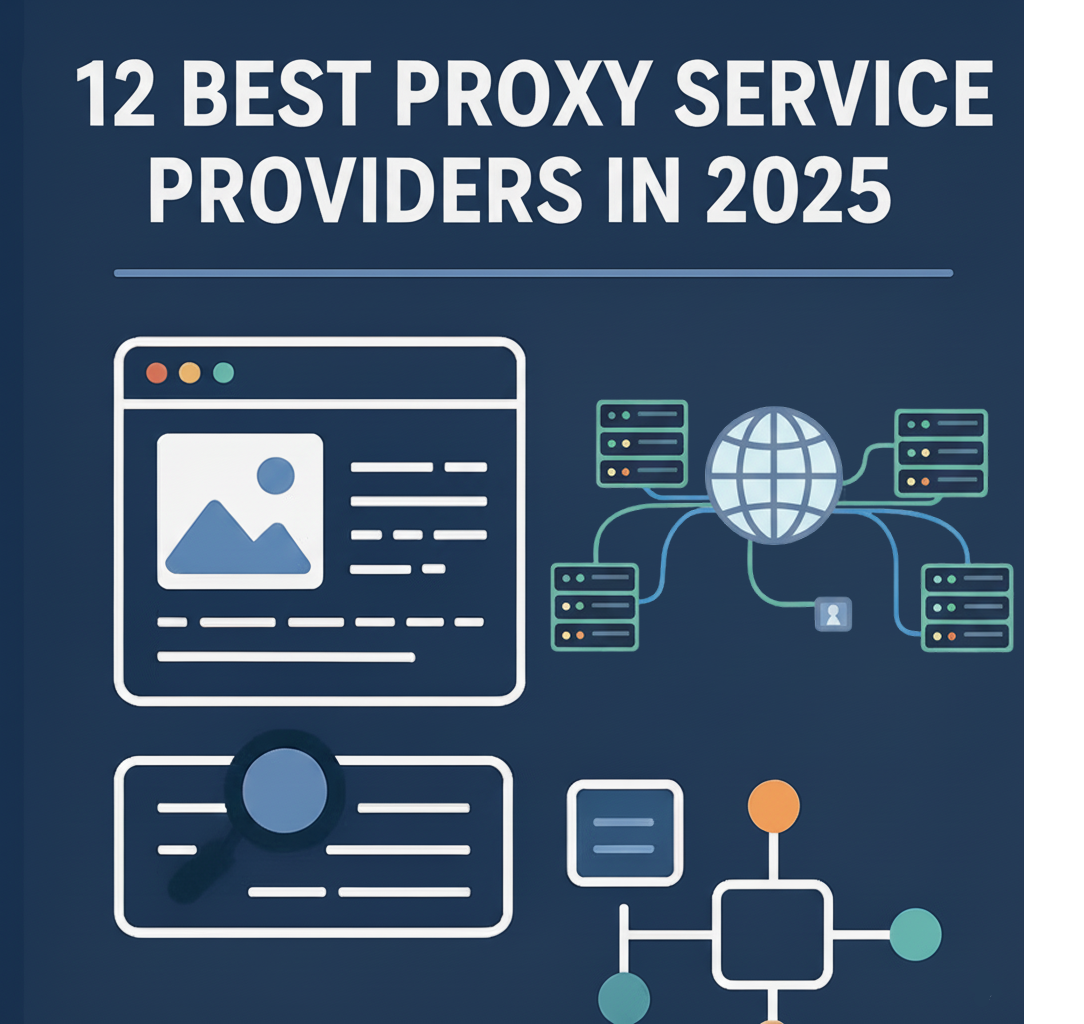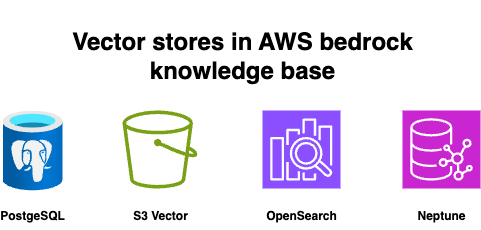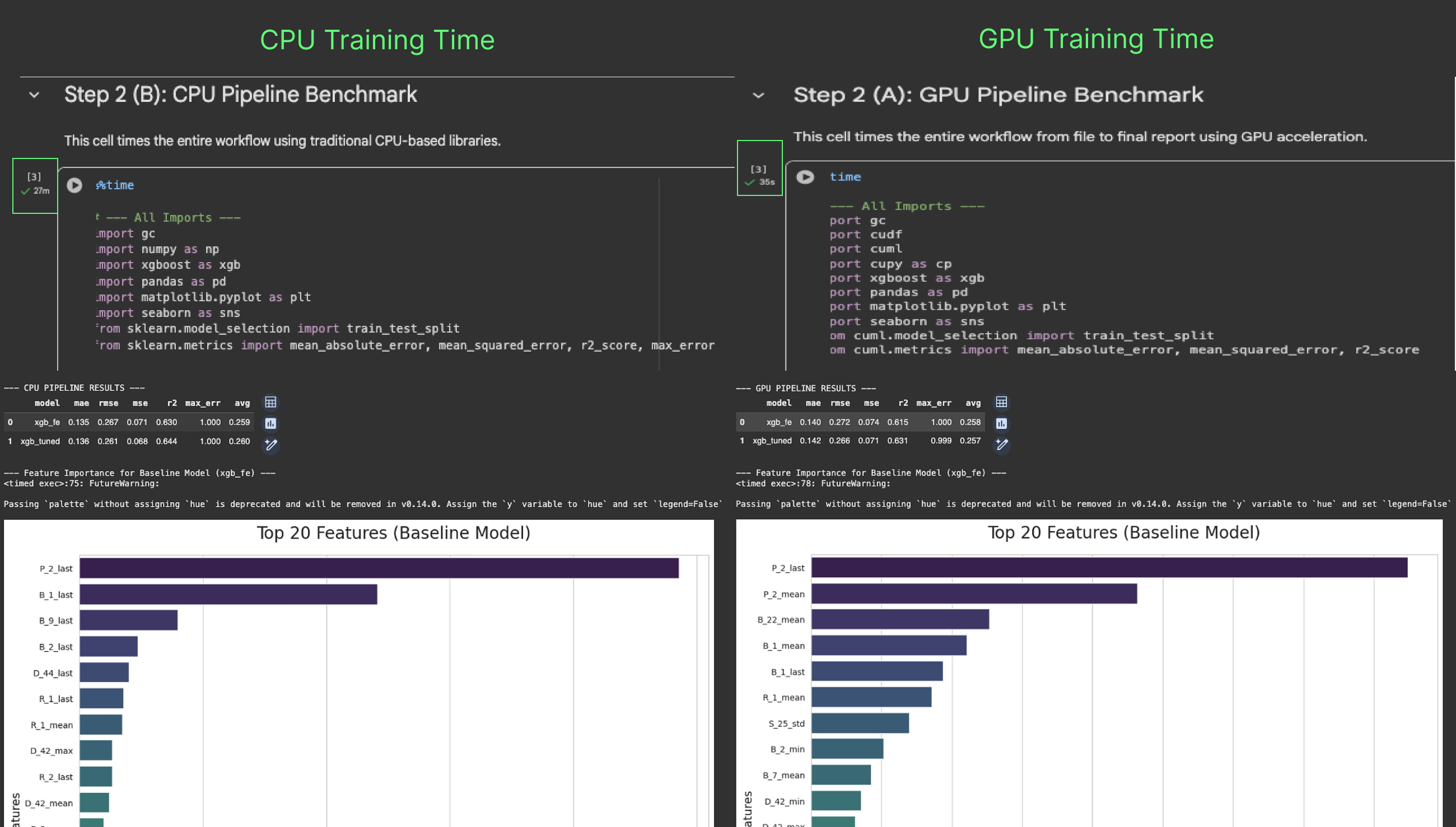The TechBeat: A Tale from Database Performance at Scale: Rust and Driver Debugging (9/18/2025)
How are you, hacker? 🪐Want to know what's trending right now?: The Techbeat by HackerNoon has got you covered with fresh content from our trending stories of the day! Set email preference here. ## How to Build a File Uploader Tool with Drag-and-Drop and Cloud Storage  By @filestack [ 11 Min read ] Learn how to build a modern file uploader tool with drag-and-drop, progress tracking, and cloud integration using file upload software. Read More.
By @filestack [ 11 Min read ] Learn how to build a modern file uploader tool with drag-and-drop, progress tracking, and cloud integration using file upload software. Read More.
A Tale from Database Performance at Scale: Rust and Driver Debugging 
By @scylladb [ 7 Min read ] Joan’s quirky debugging tale shows how Rust, drivers, and timeouts shape database performance at scale—mixing humor with hard-won lessons. Read More.
How Evergen Scaled Renewable Monitoring with TigerData (TimescaleDB) and Slashed Infrastructure Cost 
By @tigerdata [ 9 Min read ] How Evergen scaled renewable monitoring by moving from MongoDB to TigerData (TimescaleDB)—cutting infra use >50%, speeding queries <500 ms, & centralizing data. Read More.
From Postgres to ScyllaDB: How Coralogix Achieved 349x Faster Queries 
By @scylladb [ 8 Min read ] Coralogix boosted query speeds 349x by migrating from PostgreSQL to ScyllaDB, cutting latency from 30s to 86ms with smart data modeling. Read More.
Cypherpunks Write Code: Zooko Wilcox & Zcash 
By @obyte [ 6 Min read ] Zooko Wilcox grew up coding and questioning systems, and that path led him to create the privacy coin Zcash. Let's see more of this story! Read More.
Can ChatGPT Outperform the Market? Week 5 
By @nathanbsmith729 [ 3 Min read ] Heavy Week… Read More.
The End of Generic Annotation in Healthcare: Cardiac Imaging Shows Why 
By @missinvestigate [ 4 Min read ] Cardiac imaging has drawn the line. Generic annotation is dead. Read More.
Why SaaS Pricing Pages Fail 
By @hackercm8riv27c00002e6mhctmxnpn [ 4 Min read ] A feature on the table and then locking it behind ‘upgrade to unlock’ two days later is a hostage situation. Read More.
Are Blockchain Communities Inevitable? 
By @logos [ 23 Min read ] Are blockchain communities inevitable? Explore crypto sovereignty and post-nation-state governance with insights from Jarrad Hope & Peter Ludlow. Read More.
Labubu Authenticity Guide 
By @alfredodecandia [ 4 Min read ] Do you ever get that rush when the latest drop is released? But with high demand comes the risk of counterfeit products, especially on online marketplaces Read More.
12 Best Proxy Service Providers in 2025 
By @oxylabs [ 12 Min read ] Discover the top 12 proxy providers of 2025, tested and ranked. Compare pricing, features, and performance to find the perfect proxy service for your needs. Read More.
Why a Decentralized Internet is Inevitable (or Not) by 2030 
By @awesomemike [ 8 Min read ] Explore the arguments for and against a decentralized internet by 2030, examining technology, regulation, and societal impact shaping its future. Read More.
Beyond the Hype: The Quiet Rise of AI Agents That Run Your Digital Life 
By @drechimyn [ 5 Min read ] The “Agentic Web” looms: autonomous systems negotiating across services; firms that let agents handle the routine 80% free humans for the hard 20%. Read More.
ChatGPT Became the Face of AI—But the Real Battle Is Building Ecosystems, Not Single Models 
By @hacker53037367 [ 12 Min read ] ChatGPT made AI mainstream, but real transformation comes from ecosystems that embed AI across business, not from relying on a single model. Read More.
The Dark Side of Decentralization: Can We Handle a Truly Free Internet? 
By @dylanmich [ 7 Min read ] Explore the potential dangers of a completely decentralized internet, examining the challenges and risks associated with absolute online freedom. Read More.
AWS Bedrock Knowledge Bases: Comparing S3 Vector Store vs. OpenSearch, PostgreSQL & Neptune 
By @tokarevartem [ 5 Min read ] Starting on July 15, AWS has added support for S3 vector stores for Bedrock knowledge bases. I'm going to compare each AWS-managed S3 vector store. Read More.
Stop Waiting: Make XGBoost 46x Faster With One Parameter Change 
By @paoloap [ 6 Min read ] Speed up XGBoost training by 46x with one parameter change. Learn how GPU acceleration saves hours, boosts iteration, and scales to big data. Read More.
Meta, Microsoft, and OpenAI Race to Lock In Elite AI Talent 
By @ainativedev [ 5 Min read ] AI's top minds are being poached in billion-dollar deals. It's not a war for companies anymore, it's a war for talent. Read More.
AI Unleashes a 50x Leap in Stem Cell Reprogramming: OpenAI's GPT-4b Micro Changes the Game for Life 
By @hacker-Antho [ 6 Min read ] This article is about collaboration between OpenAI and Retro Biosciences to accelerate life sciences research through AI. Read More.
The Ins and Outs of Rust 1.81.0 
By @Rust [ 4 Min read ] 1.81 stabilizes the Error trait in core, allowing usage of the trait in #![no_std] libraries, plus much more. Read More. 🧑💻 What happened in your world this week? It's been said that writing can help consolidate technical knowledge, establish credibility, and contribute to emerging community standards. Feeling stuck? We got you covered ⬇️⬇️⬇️ ANSWER THESE GREATEST INTERVIEW QUESTIONS OF ALL TIME We hope you enjoy this worth of free reading material. Feel free to forward this email to a nerdy friend who'll love you for it. See you on Planet Internet! With love, The HackerNoon Team ✌️ 
You May Also Like

Michigan’s Stalled Reserve Bill Advances After 7 Months

The SEC Finally Approves Investment Giant Grayscale’s Multi-Crypto Fund! What Altcoins Does the Fund Contain? Here Are the Details
